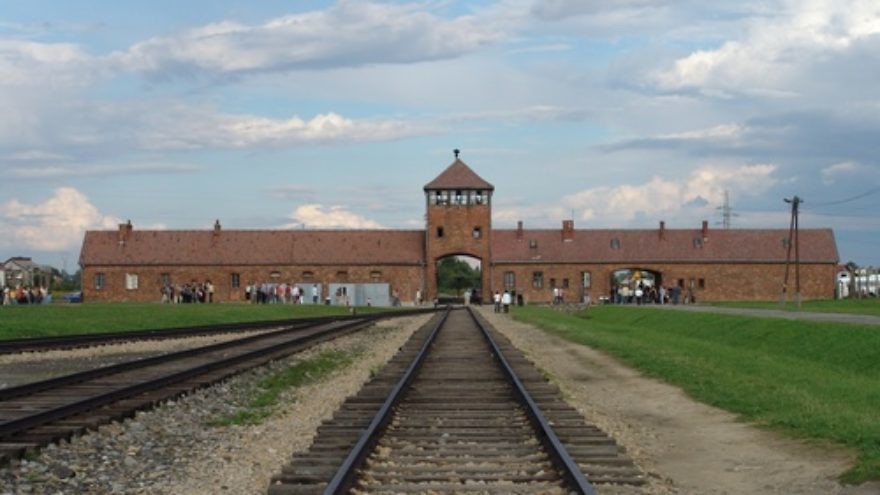Following enormous international outcry, including from Israel and Jewish groups, Poland has decided to remove the criminal provisions of its controversial Holocaust speech law.
The law first proposed earlier this year had sought criminal penalties for any accusing the Polish nation of complicity in the Holocaust but was widely condemned and threatened to undermine positive relations between Poland, the United States and Israel.
“Those who say that Poland may be responsible for the crimes of World War II deserve jail terms,” Polish Prime Minister Mateusz Morawiecki said on Wednesday. “But we operate in an international context, and we take that into account.”
The World Jewish Congress applauded the move by the Polish government to rescind the criminal penalty from the “inherently flawed” legislation.
“The World Jewish Congress is pleased that the Polish government has recognized the untenable nature of its new Holocaust law, and that it is now taking the appropriate steps to amend one of the most problematic and dangerous clauses and remove the criminal penalties imposed by the law,” said WJC President Ronald S. Lauder.
Lauder, who has lobbied both Morawiecki and Polish President Andrzej Duda Morawiecki to cancel the law, added: “Poles are understandably upset when Nazi German annihilation and concentration camps are referred to as ‘Polish’ simply due to their location on German-occupied Polish soil, but it was an egregious mistake to criminalize those who do so within the framework of a law that in its essence threatens Poland’s good name and international standing.”
“Education, dialogue and objective research, not criminalization, are the key to understanding history and achieving mutual respect between our two nations, which have a relationship dating back 1,000 years,” he said.
The American Jewish Committee also welcomed the revision, with CEO David Harris saying: “correcting this counterproductive measure is an important step to restore confidence and advance ties among Poland, the Jewish world, and the United States.”
Similarly, the Yad Vashem Holocaust memorial museum in Jerusalem said the amendment to the law was a “positive step in the right direction.”
“We believe that the correct way to combat historical misrepresentations is by reinforcing open, free research and educational activities,” said a spokesperson.


























